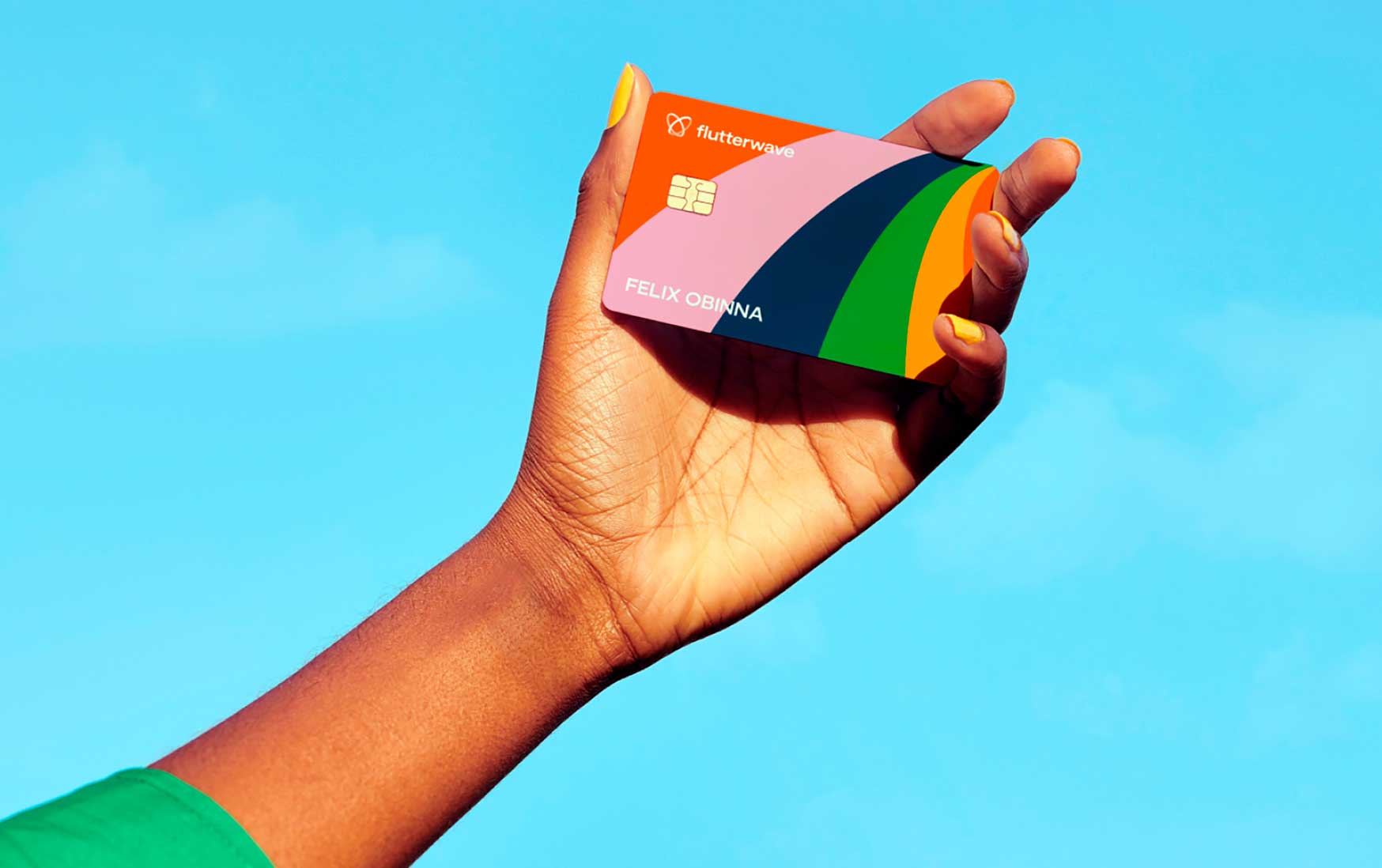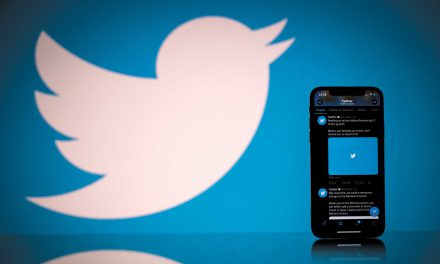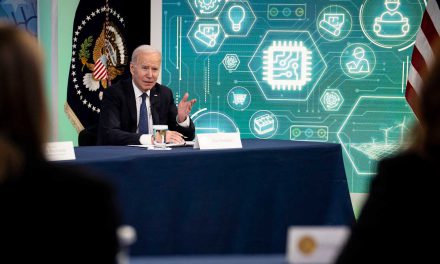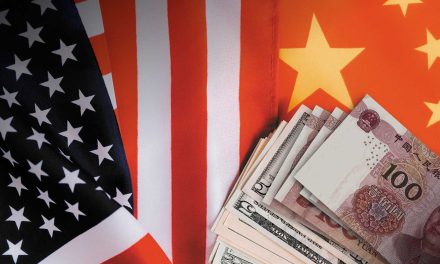ICT has permeated every facet of life, revolutionising how we work, how we learn, how we communicate, and how we organise societies. Several scholars and African governments have spoken about how ICT can play a pivotal role in greater productivity, higher GDP, capacity development and innovation, employment creation, better government transparency and democratic processes.
In their 2013 report ‘Lions go digital’, commenting on sub-Saharan Africa, McKinsey Global Institute (MGI) highlighted that: “If governments and the private sector continue to build the right foundations, the internet could transform sectors as diverse as agriculture, retail, and healthcare – and contribute as much as $300 billion a year to Africa’s GDP by 2025.”
The US and China, embroiled in a bitter tussle for internet control, have emerged as critical players on the African ICT scene, making significant investments in infrastructure and services. The tech war between the two came to a head when the US banned Huawei’s 5G network in the US and restricted American companies from selling ICT materials to Chinese tech companies, a move followed by several US allies such as Britain and Japan.

Several Chinese applications, such as TikTok, were also banned by former US President Donald Trump, who accused them of compromising national security. The Chinese responded by threatening to ban or boycott Apple products. So far, Africa seems not to have taken sides in the ongoing tech war. Addressing the South African Digital Economy summit in July 2019, South African President Cyril Ramaphosa acknowledged the importance of Huawei in 5G technologies but also emphasised a need not to get embroiled in the war, stating that: “We cannot afford to have our economy be held back because of this fight.”
Similarly, Dr Gilford Hapanyengwi, a Zimbabwean ICT expert, argued that “it doesn’t matter whether the cat is black or white, as long as it catches mice! Africa is benefiting from investments from both countries, so there is no need to take sides.”
China has made significant forays into the African ICT landscape in the past 20 years, led mainly by Huawei and ZTE. Interestingly, Huawei is responsible for an estimated 50% of 3G networks and 70% of 4G networks in Africa. According to the China Global Investments Tracker, between 2005 and 2009, Chinese ICT investments and contracts in Africa reached a whopping $7.19 billion.
It is essential to view China’s recent investments in Africa’s ICT in the context of its Digital Silk Road (DSR) programme, launched in 2015 with the primary objective of investing in international digital infrastructure. The DSR initiative has incorporated the activities of private Chinese companies such as Huawei by offering them favourable loans and awarding them contracts on Chinese-funded projects in Africa.
To counter the Digital Silk Road, the US International Development Finance Corporation is set to undertake ICT infrastructure funding as part of the G7’s Build Back Better World Programme. However, the US investments haven’t been as directly linked to African governments as the Chinese ones. US companies, notably Google, Amazon, Facebook, Apple, and Microsoft, referred to as “GAFAM”, have also made significant ICT investments in Africa, particularly in internet connectivity, though perhaps not at the same level as Chinese firms.

Facebook’s Free Basics Initiative, an application and website that provides free access to basic services such as news and weather, as well as access to Facebook, is present in 28 African countries. In addition, Facebook is also leading a private consortium with seven telecom operators, to finance a 37,000 km fibre-optic cable named 2Africa, estimated to cost between $500 million and a billion dollars.
Google has invested in Project Link, constructing a private cable connecting Portugal and South Africa, and Project Loon, which has the ambitious plan to use high-altitude balloons to provide internet connectivity. Through its Airband Initiative, Microsoft has also launched the TV White Spaces project, which is already providing affordable internet to an estimated 440,000 people in eastern Ghana.
Microsoft has also partnered with Slum2School, a not-for-profit initiative to provide access to high-quality education to Nigerian children living in slums and other disadvantaged areas. In addition to its 7,000 customer service staff in South Africa, Amazon has announced that it will open its African HQ in the country. Amazon founder Jeff Bezos has invested in African start-ups, notably in the Fintech start-up Chipper Cash.
Freedom of expression is a cornerstone of social development in its broadest meaning. Chinese and US ICT investments have a double implication for this fundamental tenet of democracy. On the one hand, the internet will increase transparency and allow expression, especially to previously marginalised people. Twitter is a case in point; for example, in Zimbabwe, activists and journalists like Hopewell Chin’ono have used Twitter spaces to hold critical conversations, ensuring citizen participation in governance issues. Twitter was also essential in mobilising young people for the #EndSARS campaign in Nigeria.
On the other hand, several African governments have been found wanting in promoting these freedoms, and China’s history of censorship carries with it the apparent implication of exporting internet censorship to African governments. The fact that the Foundation for Investigative Journalism in Nigeria reported that high-ranking Nigerian government officials had held discussions with personnel from the Cyberspace Administration of China to discuss how Nigeria could implement the “great firewall” in Nigeria puts this in clear focus. There was also the subsequent banning of Twitter in Nigeria, ostensibly as retaliation for Twitter’s removal of a tweet by President Muhammadu Buhari. A report released by Access Now for the #KeepItOn coalition found there were at least 19 Internet shutdowns in 14 African countries in 2021 alone, and China’s increased investments in the region can only imply more censorship.

Nigerian start-up Flutterwave intends to build bridges between financial systems in Africa, where dozens of banks, currencies, and mobile wallets have previously been disconnected from one another. Photo: verveagency.com
But ICT offers unprecedented opportunities to eradicate poverty, empower the poor to venture into business, and access higher quality education and healthcare. ICT has also been identified as a panacea for unemployment, another scourge in Africa. According to Mark Abel Mukenge, the CEO of Rokkup, a tech start-up in Rwanda, ICT represents a real opportunity for Africa’s young people to start businesses, get a high-quality education and find partners and markets worldwide. “I actually only met my co-founders from Britain online,” Mukenge said, “but we are now in our second year of operation.”
Another example is Flutterwave, a Nigerian Fintech start-up based in the US, which has more than 465 employees, most of them in Africa. ICT is also expected to improve access to high-quality education for Africa’s young people. For example, in Rwanda, Huawei recently signed an agreement with the Ministry of ICT and Innovation to establish academies at the University of Rwanda and Rwanda Polytechnic. Virtual classrooms are also expected to be a game-changer in quality education provision, particularly for underprivileged students.
But most US companies have their data centres in their own country, not in Africa, which means the continent has no control over its data. Data is the new oil in today’s digitalised world, and whoever controls data controls everything. This implies undue power, especially when we consider that data is concentrated in the hands of a few firms. China, for its part, appears to be assisting African countries in building their own data centres, with Senegal being a case in point. There, China provided a $70 million loan for this purpose, with Huawei providing material support. Given that the US and others have flagged Huawei for surveillance and espionage threats, which the company denies, shouldn’t Africa be concerned about the security of the data centres being built by the Chinese?
At the end of the day, while there is justified optimism about ICT’s positive contributions to socioeconomic development, it is essential to acknowledge its hazards. Investments in ICT, particularly from the US and China, need to be scrutinised so that Africa prioritises investments that maximise its socioeconomic development and not get embroiled in the ongoing tech war. So far, the position of non-alignment seems to be working. However, Africa needs to step up its own initiatives to control the narrative and grab the very attainable goal of leapfrogging other regions into the Fourth Industrial Revolution.
[activecampaign form=1]
Adio-Adet Dinika is a writer, researcher and affiliated PhD Fellow at the Bremen International Graduate School of Social Science (BIGSSS). His areas of interest are Digitalisation and the Future of Work. He has published opinion pieces on Digitalisation and socio-economic development in several print and online publications, and his first unpublished novel, They like us dead, was long listed for the 2021 James Currey Prize for African Literature. He is currently based in Bremen, Germany.












